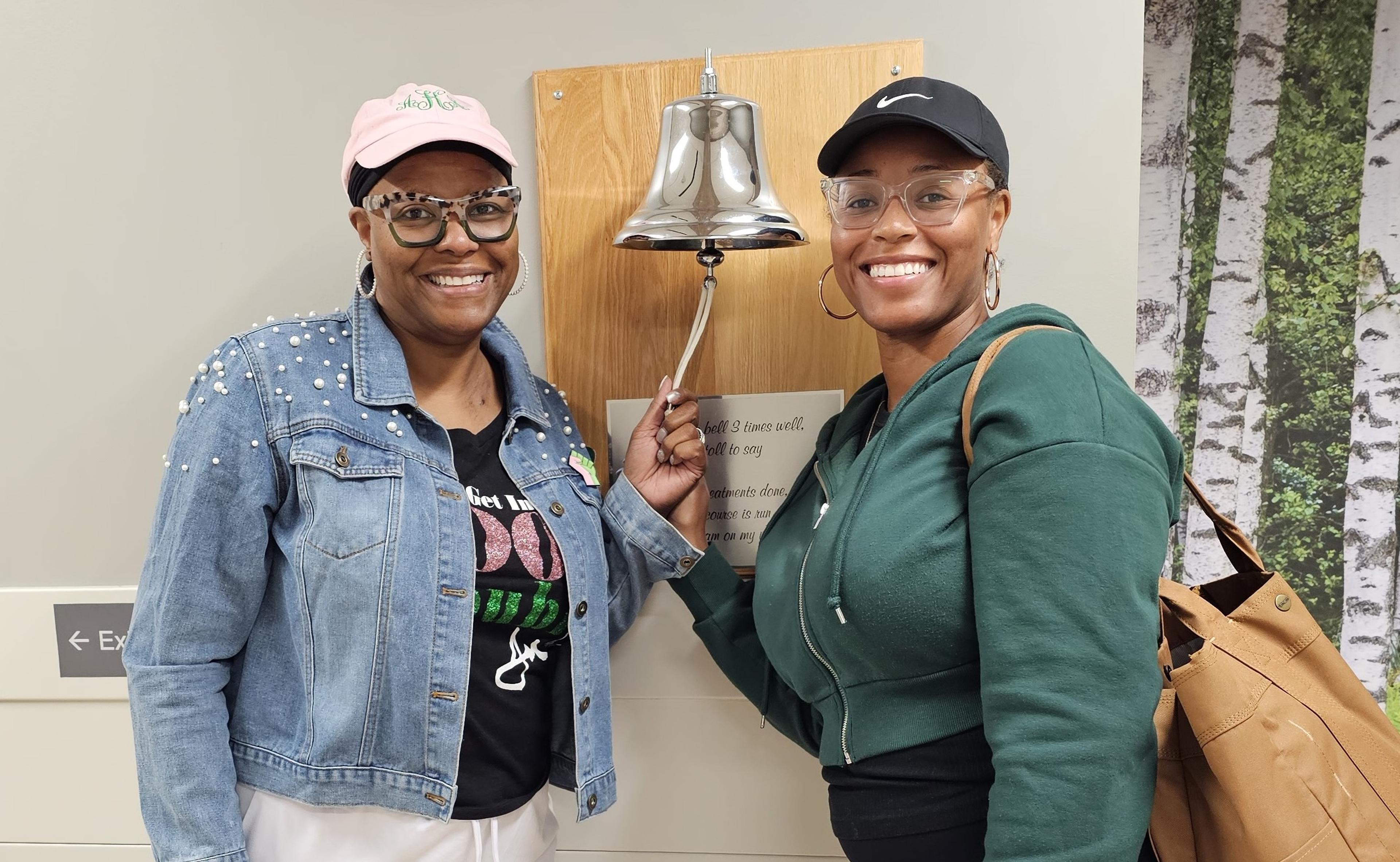How to Talk to Someone with Alzheimer’s or Dementia
Amy Barczy
| 4 min read
Amy Barczy is a former brand journalist who authored...

If you’re caring for someone with Alzheimer’s disease or dementia, communication may become a significant barrier.
That’s because dementia is a progressive brain disorder that gets worse over time, affecting a person’s memory, communication, language and ability to make decisions. Sixty to 80% of all dementia cases are Alzheimer’s disease.
The loss of memory in Alzheimer’s disease is unique and different since short-term memory is lost first while long-term memory is preserved. This can lead to confusion among family members when their loved one knows exactly and correctly what they did 40 years ago, yet can’t remember what they did yesterday. It can also lead to unintended arguments if the person with dementia believes that they are in their childhood home or if Christmas is tomorrow – yet neither is true.
Karen Schelberg, care consultation director at the Greater Michigan Chapter of the Alzheimer’s Association, offered several tips for caregivers to better communicate with individuals with Alzheimer’s or dementia.
“Their brain isn’t able to process information or use reason and logic in the way it normally would,” Schelberg said. “Even from day to day, you may have to adapt how you communicate and how you phrase things. Keeping that in the back of your mind can be helpful: that this is the disease talking and doing this.”
The Three R’s
Schelberg advises that caregivers and loved ones follow the “three R’s” when communicating with an individual with Alzheimer’s or dementia:
- Right: The person with dementia is already right. Go along with their version of reality.
- Reassure: Respond to the person’s emotions if they are upset by reassuring them they are safe and cared for, and that you are with them right now.
- Redirect: After reassuring someone that they are safe, redirect their attention to another activity.
In the early stages of Alzheimer’s disease, individuals can communicate well. But as the disease progresses to the middle to later stages, people with Alzheimer’s may become combative if they are corrected or confronted because in their reality, they are correct, Schelberg said.
“It can cause them to be anxious, agitated and possible aggressive,” Schelberg said.
For example:
“If they believe they are in their childhood home, but they’re living with you, you don’t want to correct them,” Schelberg said. “You go along with it.”
If they are telling you, “I want to go home,” rather than confronting them with the truth that they are in fact home, reassure and redirect them: tell them that they are safe, and that they will be staying there with you tonight – and then say, “Why don’t we go and have a snack?” Schelberg said.
Nonverbal communication
Although a person with Alzheimer’s or dementia may be experiencing declines in their memory and cognition, they are still perceptive to your nonverbal communication as a caregiver, Schelberg said.
“It’s not just the words that we use: it’s the tone of our voice, body language and facial expression,” Schelberg said. “The more rushed or stressed you are – the person with dementia can pick up on those cues.”
Additionally, as individuals reach later stages of the disease, they may also become less verbal themselves. Pay attention to their nonverbal cues.
Keep directions simple
When talking to someone with Alzheimer’s or dementia, it’s important to keep the conversation and activity focused on one thing at a time, Schelberg said.
So instead of telling someone to go upstairs, get dressed and brush their teeth, Schelberg advised it’s better to go upstairs with them and start by helping them to change their shirt.
If the person is in the middle stages of Alzheimer’s, Schelberg said it can be helpful to give them two options of weather-appropriate clothing to choose from so they have some control. However, if they are in the later stages of the disease, choices may no longer be helpful.
Schelberg said it’s important to simplify communications like that as the disease progresses. Instead of asking, “what would you like to drink?” try letting them choose first: “coffee or tea?” And then move to yes or no question like, “would you like tea?” Eventually, you may have to simply present them with the beverage they like.
Caregivers need support
For caregivers of individuals with Alzheimer’s and dementia, figuring out how to communicate may change daily – and it can be a heavy burden.
“Often this all falls on the caregiver, as the person with dementia cannot change how they communicate,” Schelberg said. “That can be really stressful and hard; when they’re already having to adapt all these other aspects of their life.”
Especially if caregivers are children of adult parents with dementia, or partners, it can be a significant change in the relationship dynamic.
“You have to re-learn and retrain how you’re going to communicate with them,” Schelberg said. “We have to adapt to where they are.”
It’s critical for caregivers to receive support and respite from the demands of caring for a loved one. The Alzheimer’s Association offers a 24/7 help line for caregivers at 1-800-272-3900.
Photo credit: Getty Images





